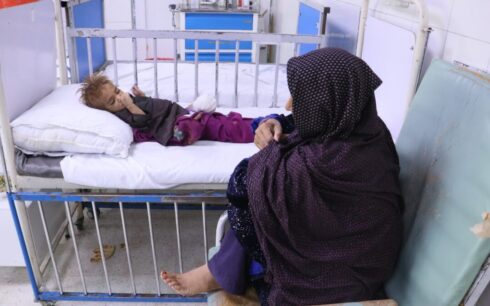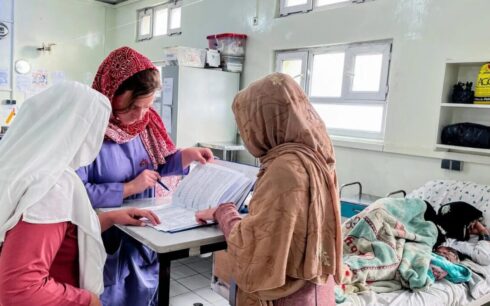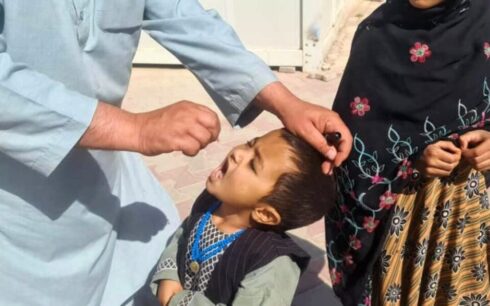KABUL, Afghanistan — As the world marks World Tuberculosis Day on March 24, the World Health Organization has warned that tuberculosis (TB) remains a serious public health concern in Afghanistan, with more than 50,000 cases recorded in 2024.
In a report released Monday, WHO said Afghanistan’s health system continues to face significant challenges in TB detection and treatment, particularly in rural and underserved regions. While nearly 900 centers across the country offer free diagnosis and treatment, access remains limited for many patients.
“On this World TB Day, let us stand together and invest in meaningful action for a healthier future,” said Edwin Salvador, WHO’s representative in Afghanistan. He added that the agency, in partnership with other organizations, is working to strengthen the country’s capacity to manage and treat the disease.
Doctors and health officials say a lack of local clinics and widespread poverty are compounding the problem, leading in some cases to the emergence of drug-resistant strains of TB.
“Because many patients live far from clinics and cannot afford regular visits or medication, they often develop drug-resistant TB,” said Abdullah Ahmadi, former head of Wazir Akbar Khan Hospital in Kabul. “Most of those infected live in remote areas with extremely limited access to treatment.”
Patients have echoed similar concerns. Raheema, a woman from Badghis province who has been undergoing TB treatment for six months, said her illness was misdiagnosed multiple times before being properly identified.
“I lost my appetite, had body pain, and felt weak,” she said. “I went to several clinics, but no one could tell what was wrong until it got worse. Now I’m under treatment, but I still struggle to breathe and feel constant back pain. Many people in remote areas don’t survive long enough to get help.”
According to the United Nations Development Program, more than 70,000 individuals crossing through the Torkham border were screened using digital technology in early 2024. Among them, 242 tested positive for TB.
Health experts have long warned that Afghanistan remains vulnerable to infectious diseases such as tuberculosis, citing widespread poverty, weak public health infrastructure, and limited disease awareness among the population.





